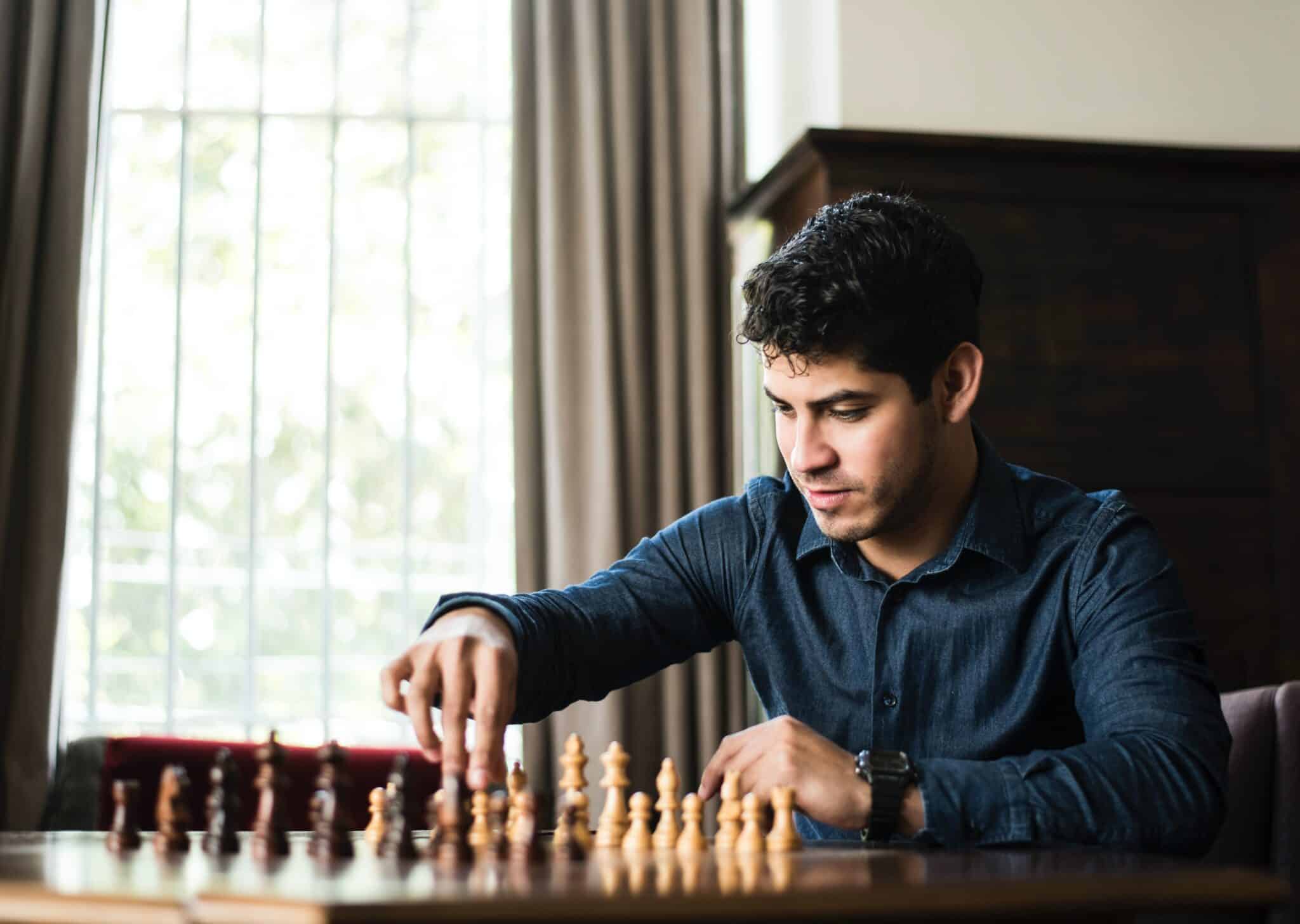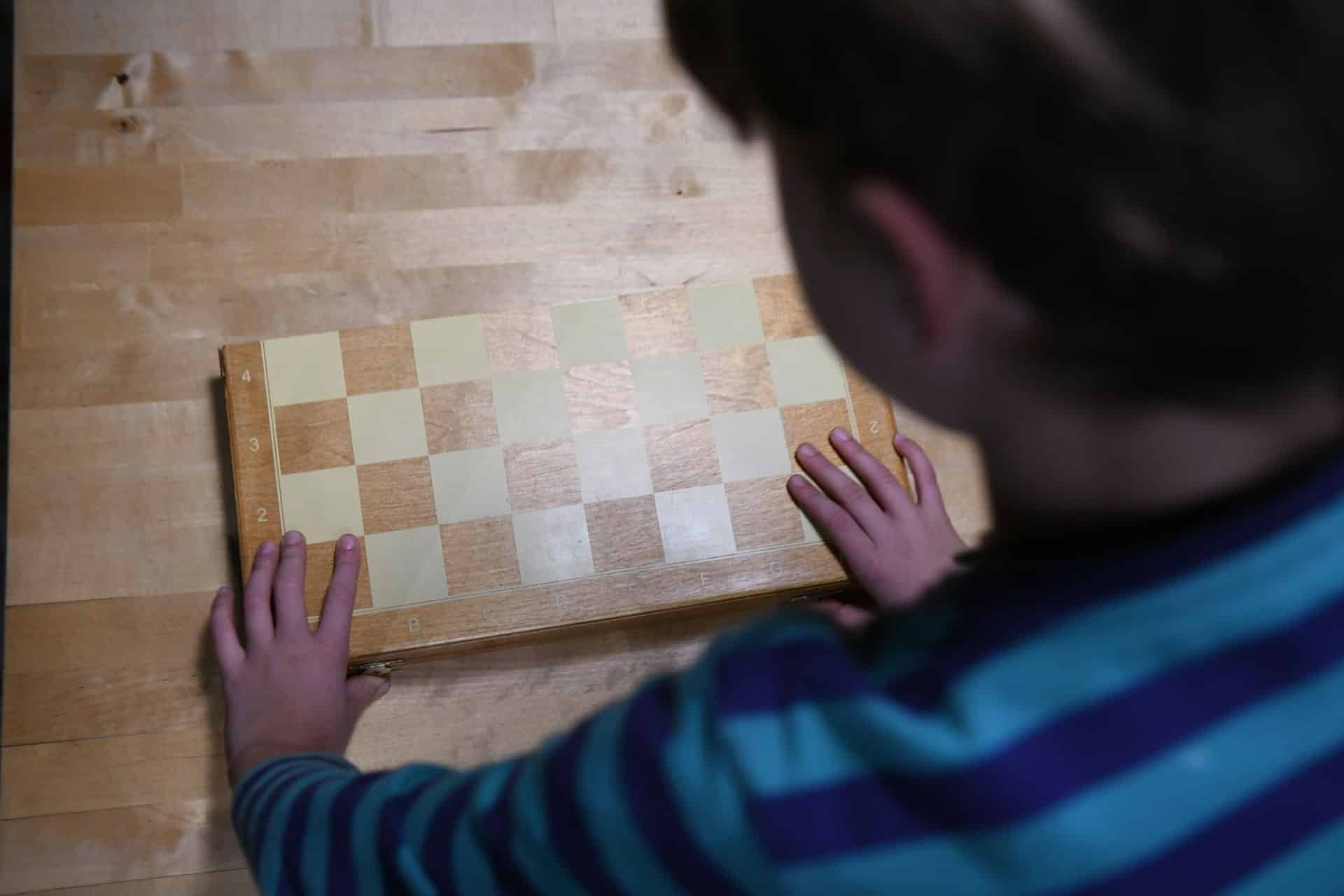You’re sitting in front of the 64 squares, contemplating your next move. Where will you place the king, queen, or pawns? Well, we all know how complicated a game of chess can be. But while playing a match, you might feel overwhelmed by the amount of coursework you must do for university.
Well, we have good news for you. Playing chess has a positive impact on your university progress. The aim of this article is to discuss how it does so. From sharpening intellects to honing critical thinking, the benefits run long and wide. Read on to explore how playing chess can incredibly impact your academic career.
Table of Contents
Why You Should Dedicate Time to Playing Chess
We are immersed in a world bustling with technology. Each aspect of our lives has a connotation of innovation related to it. That means escaping the tech world can become a challenging task. That is one of the many reasons leaning toward chess is an excellent idea. Sometimes, you might even purchase dissertation for a high grade through StudyMoose to focus on regrounding yourself. Accessing essays and free examples allows you to tap into other aspects of your life. Moreover, it gives you time to focus on your chess progress.
But playing chess is not only about taking a break from reality. It can also be a mental workout. Since each move requires critical thinking and strategic planning, it strengthens your cognitive faculties. Even if you are a casual player, the strain the game demands will reflect through improvements in your mental agility. Moreover, as a student, you must find the ideal means of gaining patience and concentration. Continuous chess games will teach you the valuable skill of delayed gratification. This is a trait that extends beyond the board.
Chess and Cognitive Development
Researchers and scholars have always been interested in this ancient game and its cognitive impact on young minds. Hence, in this section, we will discuss the three main aspects that are affected by a game of chess.
Cognitive benefits backed by research
There is no doubt that within chess lies the constant need for critical thinking. You need to understand your next few steps and anticipate your opponent’s moves. Hence, it is logical that playing the game can be regarded as a spell for good grades. It shapes problem-solving abilities, refines pattern recognition, and boosts memory retention. A professor at Harvard demonstrated something quite interesting in his research. His study proved that chess can assist with cognitive preservation. The study was conducted to determine the effects of cognitive aging and how to combat them.
Enhancing critical thinking skills
Critical thinking involves analyzing, evaluating, and synthesizing information. It is all made based on your decisions and judgments. Hence, when you consider the impact of chess on critical thinking, one makes a sound conclusion. Chess must have the ability to boost essential thinking abilities. That is because you must make informed decisions based on your current location and future projections.
Fostering analytical thought processes
You also build a more analytical mind as you experiment on the board. As you plot your next move, you must weigh each action’s pros and cons. Then, you identify the risks and predict how to proceed. Over time, this leads to a heightened ability to deconstruct complex problems. Also, you become better at visualizing the interconnectedness of moving parts.
How Playing Chess Translates to Better Academic Progress
Whether you are writing a research paper or completing a game of chess, there is no doubt that you require ample amounts of resilience. The lessons gleaned from the board echo with relevance and spill into the classroom. However, one must take chess seriously to witness progress in their academic life. A study illustrates how the positive impact on one’s grades depends on how keen they are about studying and learning chess. That said, chess can be a student contract for grades through the following examples:
- Patience and long-term planning. Chess demands patience, which is a trait equally crucial in education. A chess player must devise strategies that unfold over a few moves. Similarly, students must be patient to diligently study, research, and work.
- Resilience in the face of setbacks. If a chess player gave up after his first loss, he would never become outstanding. The same is applied to being a student. One cannot give up in the face of a few setbacks. Instead, one must learn to evolve and find a way to overcome them.
- Decision-making under pressure. Whether it is a standardized test score or a presentation, students must be quick on their feet. Timed examples necessitate swift, accurate decisions. Chess instills the capacity to maintain composure under stress. Hence, it enhances performance during high-stakes academic situations.
- Communication skills. Chess is like writing essays. Sometimes, you must analyze it and discuss its content with others to gain feedback. Chess analysis involves exploring and communicating with peers. This skill resonates in academia. It enhances classroom participation, group discussions, and collaborative projects.
Conclusion
To conclude, it is pretty evident that playing chess has a positive impact on one’s academic progress. As you ponder your next move, you work on boosting your cognitive abilities and critical thinking. You also begin mastering resilience and agility, all skills that resonate deeply in classrooms.
However, remember that for the skills to be practical, you must take chess playing seriously. Hence, you should aim to play it with passion and a desire to learn. Chess transcends leisure. It becomes a tool for refining intellect and fostering academic prowess.






